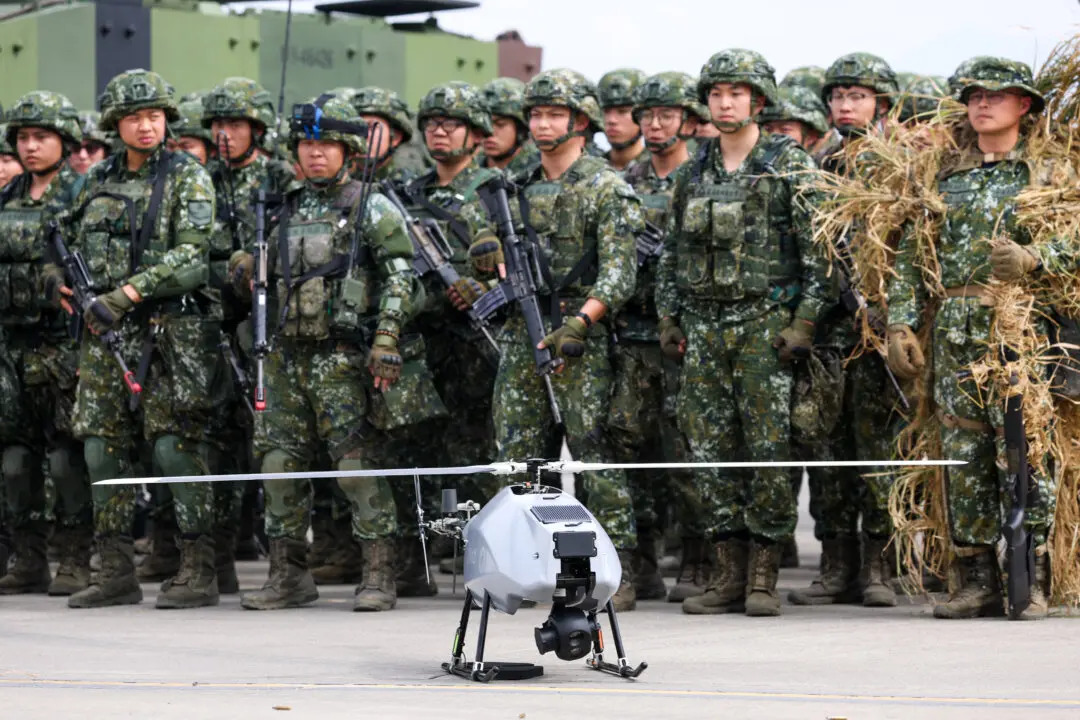Italy signed on to China’s controversial “One Belt, One Road” infrastructure plan on March 23, despite concern within the country’s government, as well as those from the United States and the European Union.
The two countries sealed the deal through a memorandum of understanding signed at a ceremony attended by visiting Chinese leader Xi Jinping and Italian Prime Minister Giuseppe Conte.





